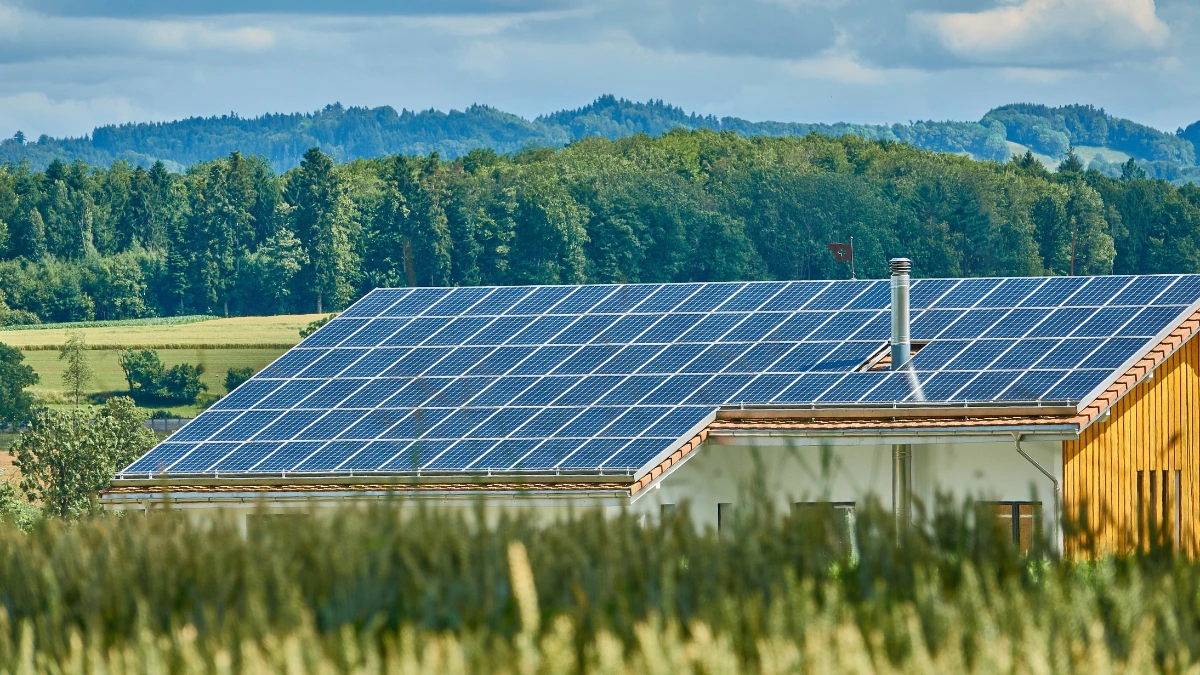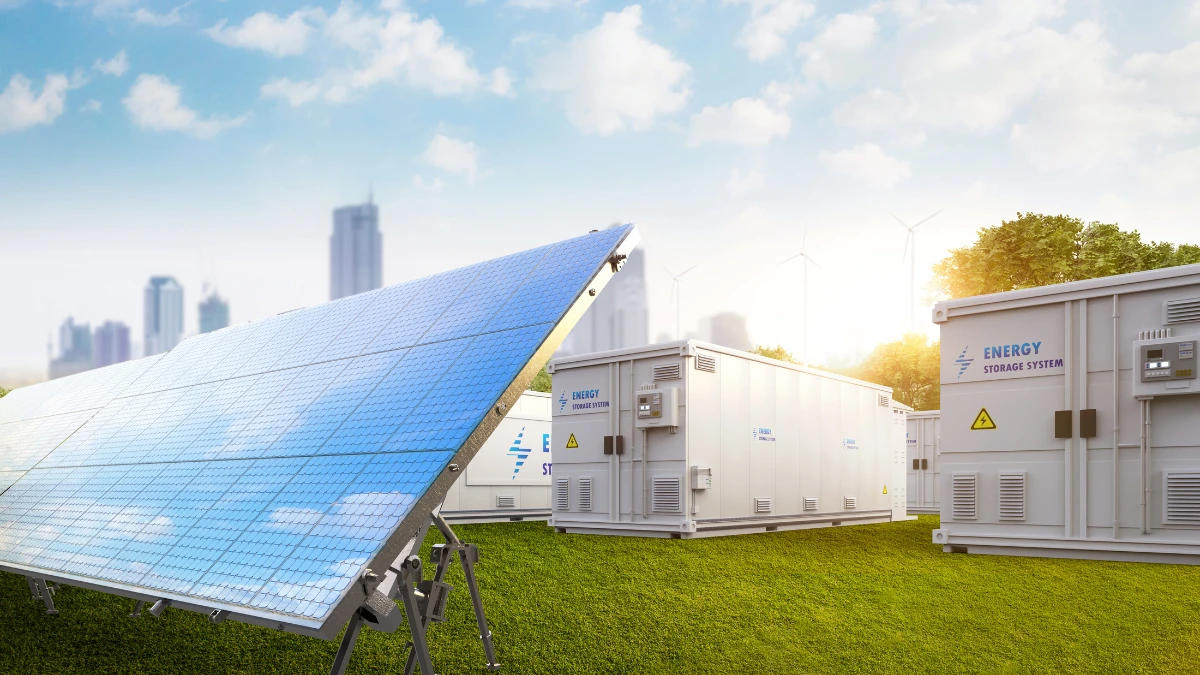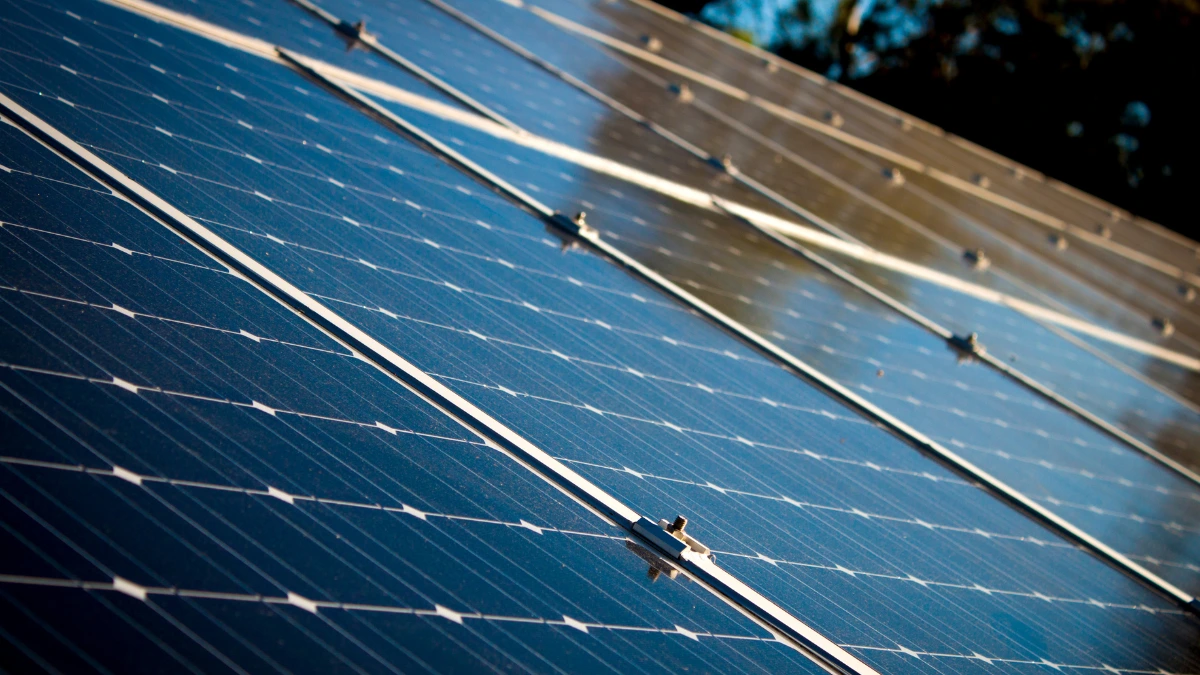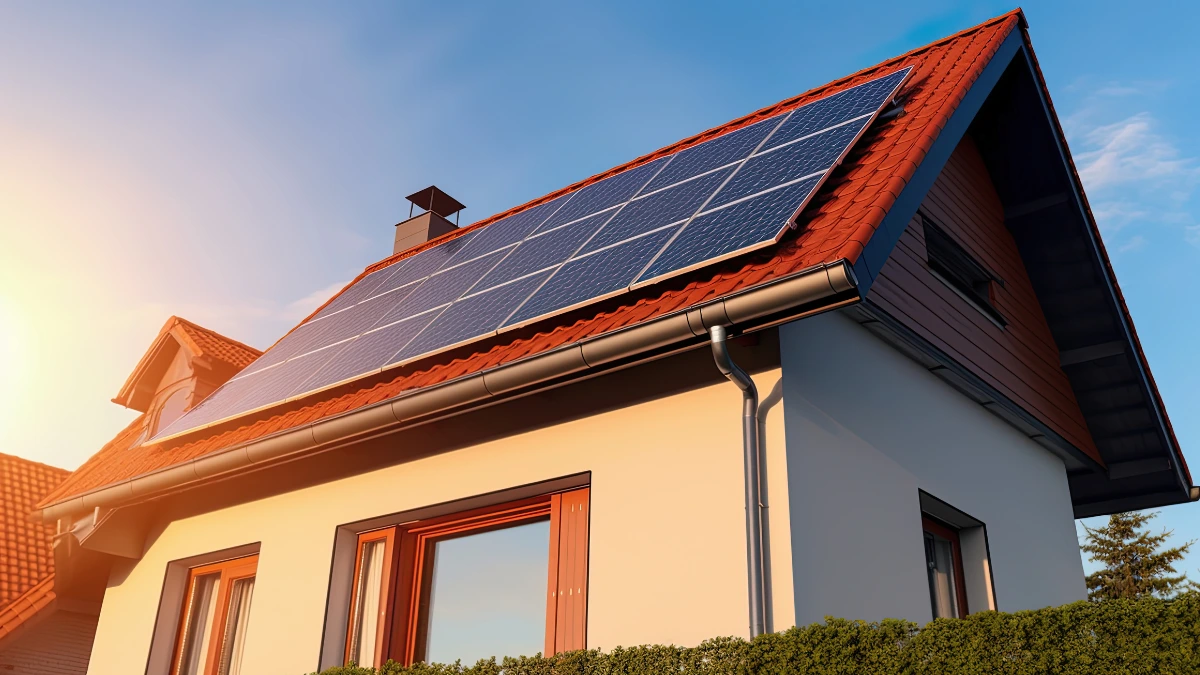Smart solar power systems provide many benefits, especially the ability to provide maximum energy use to increase productivity. However, the advantages and disadvantages of smart solar power systems cannot be easily separated, even though the benefits are evident.
The advantages and disadvantages of smart solar power systems include being environmentally friendly, achieving energy independence, and reducing the cost of electricity bills, while the disadvantages include dependence on weather conditions, potential battery problems, and high cost investment.
This article will inform you about some of the advantages and disadvantages of smart solar power systems that you can consider.
The Advantages and Disadvantages of Smart Solar Power System

Like any other technology, smart solar power systems have several advantages that can be utilized and disadvantages to consider. The advantages of smart solar power systems include being environmentally friendly, achieving energy independence, and reducing the cost of electricity bills, while the disadvantages include dependence on weather conditions, potential battery problems, and high cost investment. Here are the advantages and disadvantages of smart solar power systems:
The Advantages of Smart Solar Power System

Here are some advantages of a smart solar power system:
1. Environmentally friendly
One of the advantages of a smart solar power system is that it is environmentally friendly. You can contribute to reducing the impact of climate change by using this device, as it uses renewable energy sources that do not produce greenhouse gas emissions.
2. Flexibility and multifunctionality of use
Flexibility and multifunctionality of use are another advantage of the smart solar power system. Various needs such as lighting, water heating, or space heating can use this system for their applications.
3. Achieving energy independence
By using a smart solar power system, your home or business will achieve energy independence. With this system, you will no longer depend on electricity providers.
4. Increasing property value
Increasing property value is another advantage of using a smart solar power system. Investing in this system on your home or business property adds value to your property. If in the future you intend to sell the property, the selling value of the property will certainly be higher.
5. Reduce the cost of electricity bills
Another advantage of a smart solar power system is that it can reduce the cost of electricity bills. With its ability to convert solar energy into electrical energy, dependence on electricity from service providers is reduced.
The Disadvantages of Smart Solar Power System

Here are some disadvantages of a smart solar power system:
1. Dependence on weather conditions
One of the drawbacks of smart solar power systems is their dependence on weather conditions. The main source of this system is the intensity of sunlight, so if the weather is cloudy or rainy, it will certainly cause a decrease in energy production.
2. Potential battery problems
Potential battery problems are another drawback of using a smart solar power system. Devices that use batteries require maintenance, require careful handling so as not to pollute the environment, and have a limited service life.
3. High cost investment
Using a smart solar power system requires a high cost investment. Purchasing these devices, including panels, inverters, and batteries, is not cheap. In addition, there are installation and maintenance costs.
These are the advantages and disadvantages of smart solar power systems to consider before deciding to use them. When you choose to use smart solar power systems, you can feel all the advantages of being environmentally friendly, achieving energy independence, and reducing the cost of electricity bills.
However, don’t forget to consider the disadvantages of dependence on weather conditions, potential battery problems, and high cost investment. Another thing to note is that a smart solar power systems must pass the certification test from the Directorate General of Digital Infrastructure (DJID).
With a DJID certification, users can feel calm about using a smart solar power systems device whose quality and security are guaranteed. For manufacturers or importers of smart solar power systems devices, obtaining certification from DJID is a mandatory step before the device can be officially marketed in Indonesia.
To simplify the certification process, Type Approval Certification Services for ICT Products are available to assist with this process as a reliable solution. [UN].

